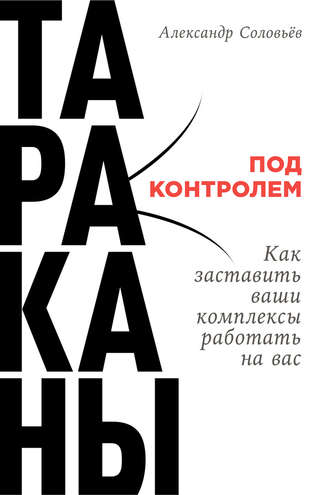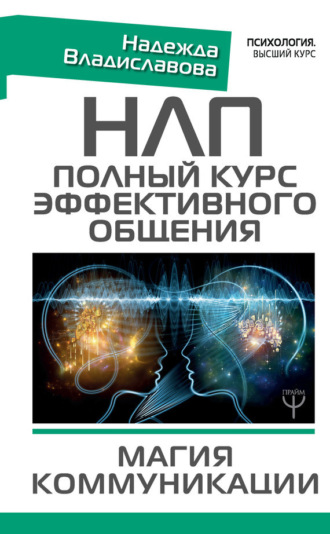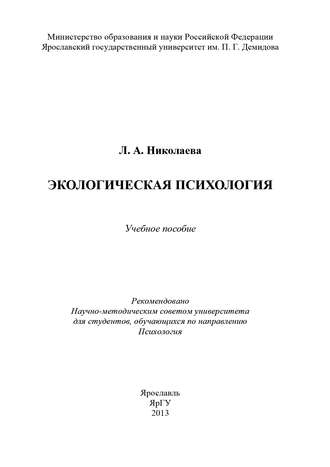Legal Change in Post-Communist States
Группа авторов
Reformers had high hopes that the end of communism in Eastern Europe and the former Soviet Union would lead to significant improvements in legal institutions and the role of law in public administration. However, the cumulative experience of 25 years of legal change since communism has been mixed, marked by achievements and failures, advances and moves backward. This book—written by a team of socio-legal scholars—probes the nuances of this process and starts the process to explain them. It covers developments across the former Soviet Union and Eastern Europe, and it deals with both legal institutions (courts and police) and accountability to law in public administration, including anti-corruption activities. In explaining their findings, the authors probe the impact of such factors as the type of political regime (democratic to authoritarian), international influences (such as the European Union), and culture (legal and political).
The volume’s contributors are: Mihaela Serban, Kim Lane Scheppele, Kriszta Kovacs, Alexei Trochev, Peter Solomon, Olga Semukhina, Maria Popova, Vincent Post. Marina Zaloznaya, William Reisinger, Vicki Hesli Claypool, Kaja Gadowska, and Elena Bogdanova.
The volume’s contributors are: Mihaela Serban, Kim Lane Scheppele, Kriszta Kovacs, Alexei Trochev, Peter Solomon, Olga Semukhina, Maria Popova, Vincent Post. Marina Zaloznaya, William Reisinger, Vicki Hesli Claypool, Kaja Gadowska, and Elena Bogdanova.
- Категория: социальная психология
- Правообладатель: Автор
- Возрастное ограничение: 0+
- ISBN: 9783838273129
- Легальная стоимость: 2437.77 руб.





